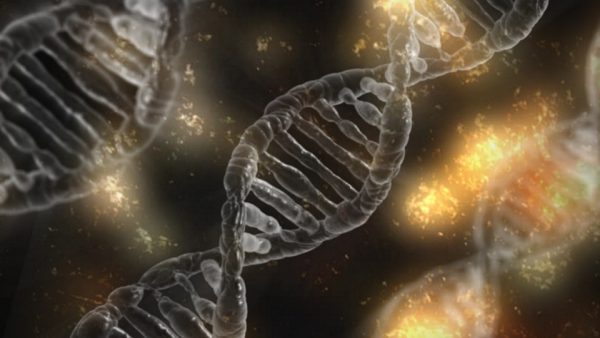Scientists injected dozens of human stem cells into developing monkey embryos, and the resulting hybrids survived for up to 20 days in lab dishes.
These human-monkey embryos could someday serve as helpful models for human disease, embryonic development and aging, the study authors noted in a new report, published April 15 in the journal Cell. By zooming in on the interaction of human and animal cells in the embryos, scientists could also learn how to help human cells survive amongst animal cells, potentially advancing the effort to grow human organs in living animal models.
Such studies would offer a window into human biology that would otherwise require experimenting on humans, making such studies currently impossible. Of course, the development of human-animal chimeras — organisms that contain cells from two or more species — raises its own ethical concerns, especially in regard to how long such embryos should be allowed to develop.



